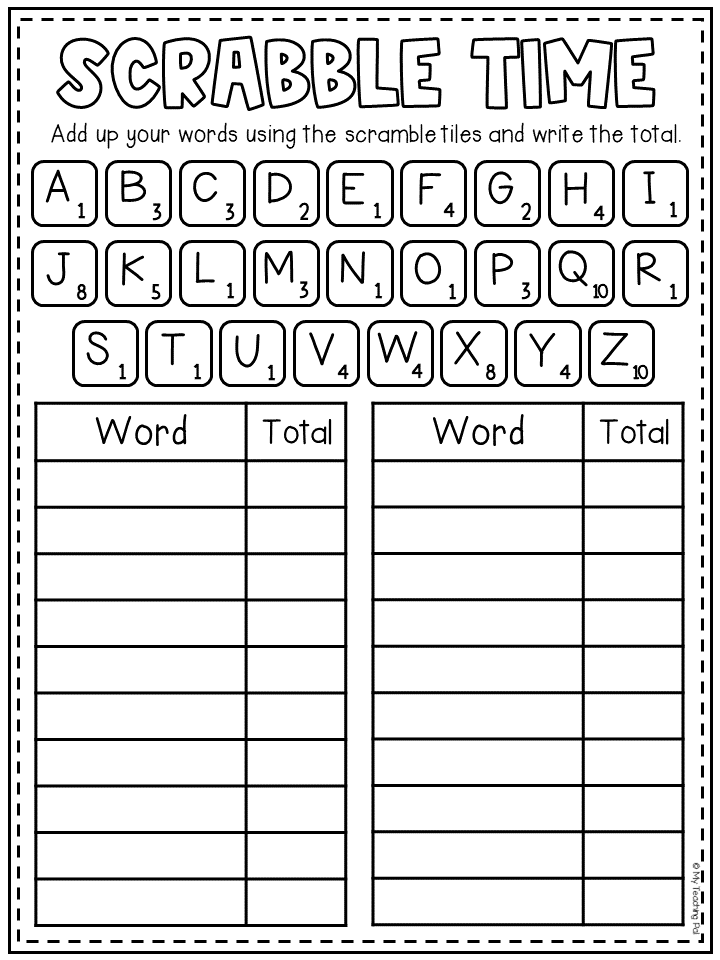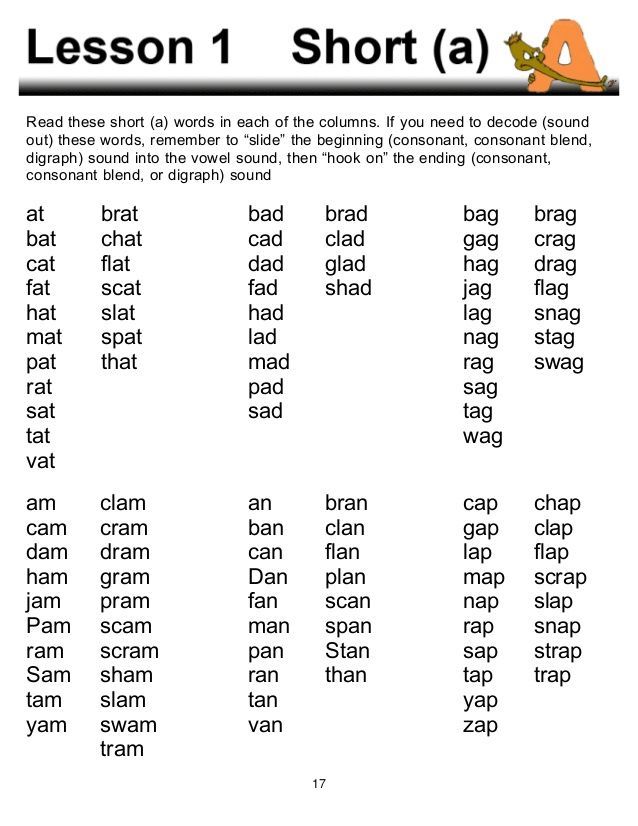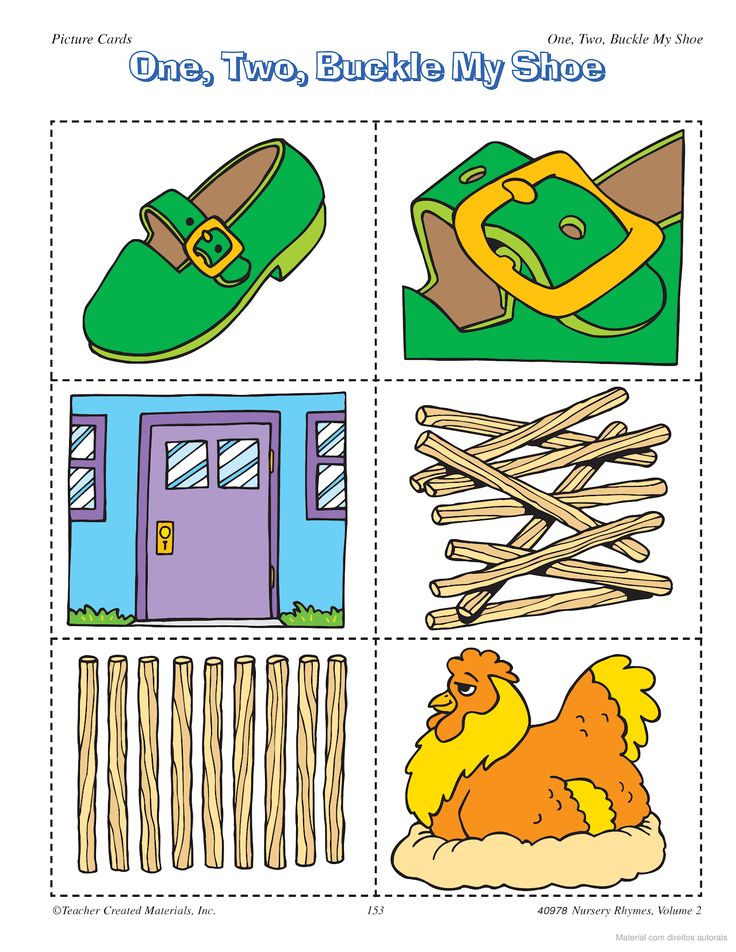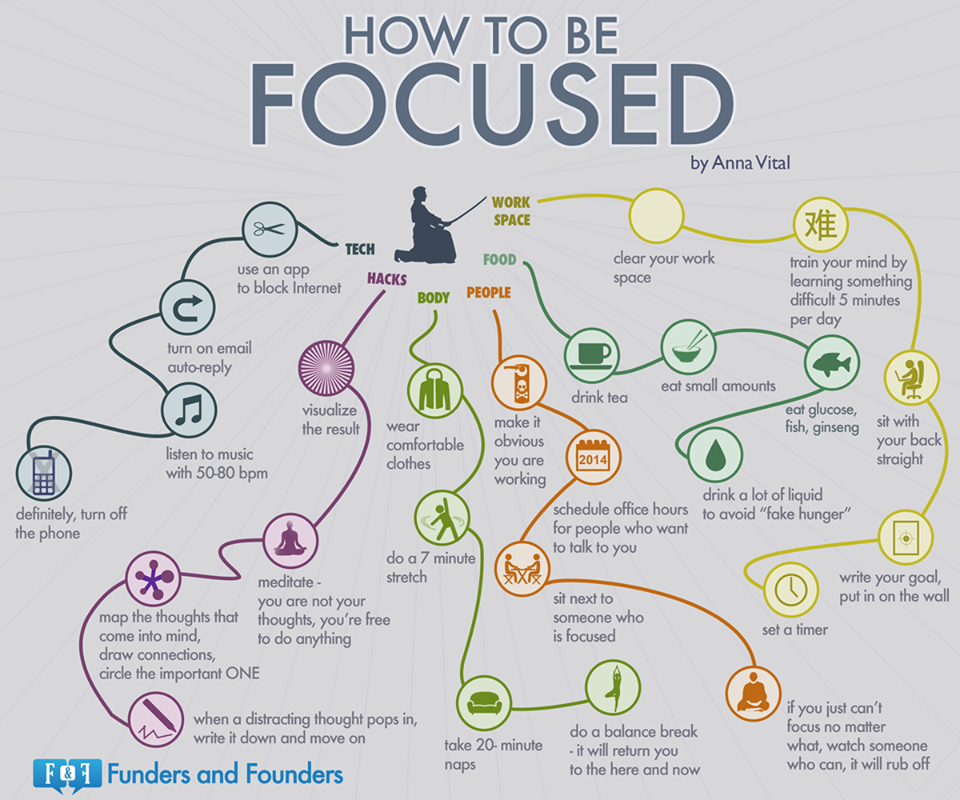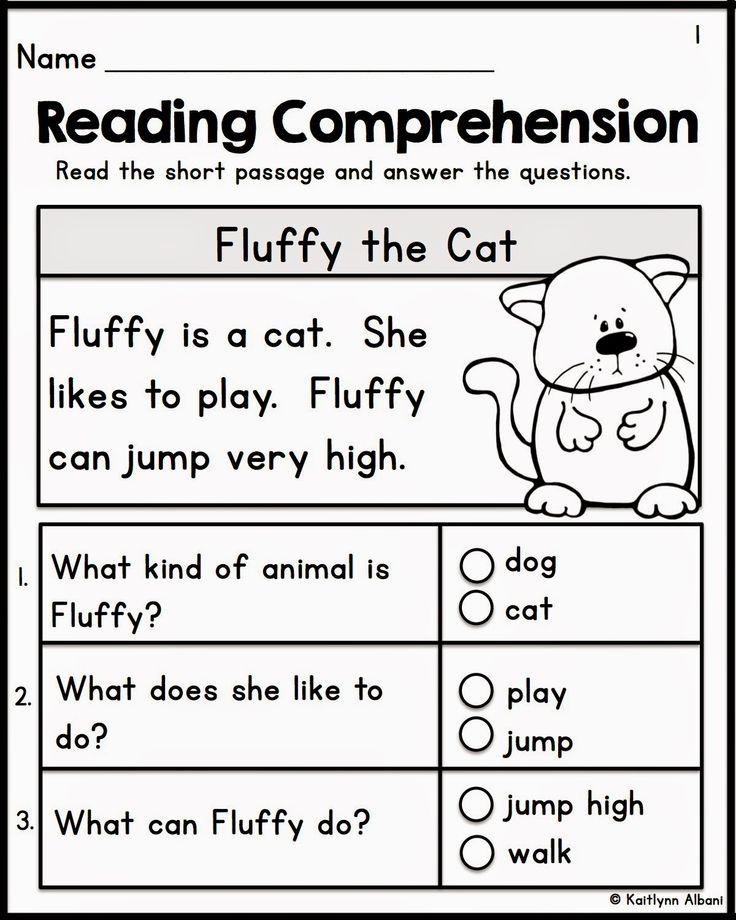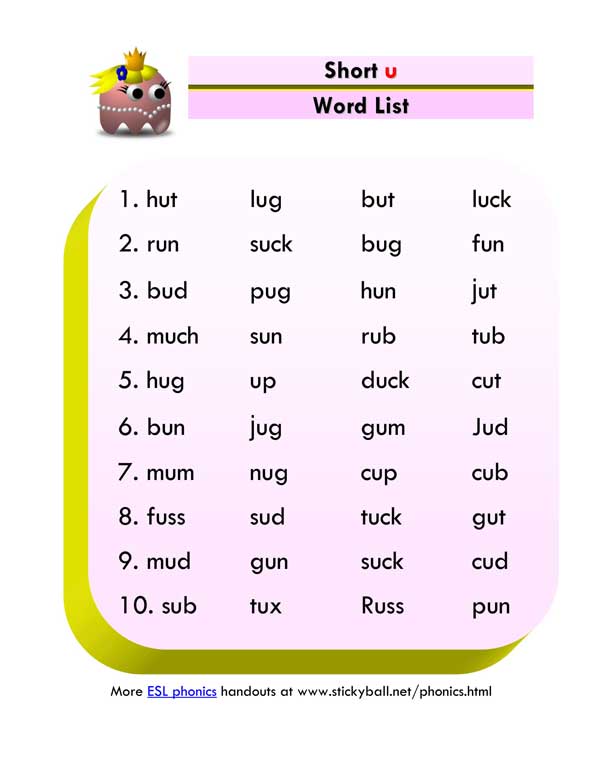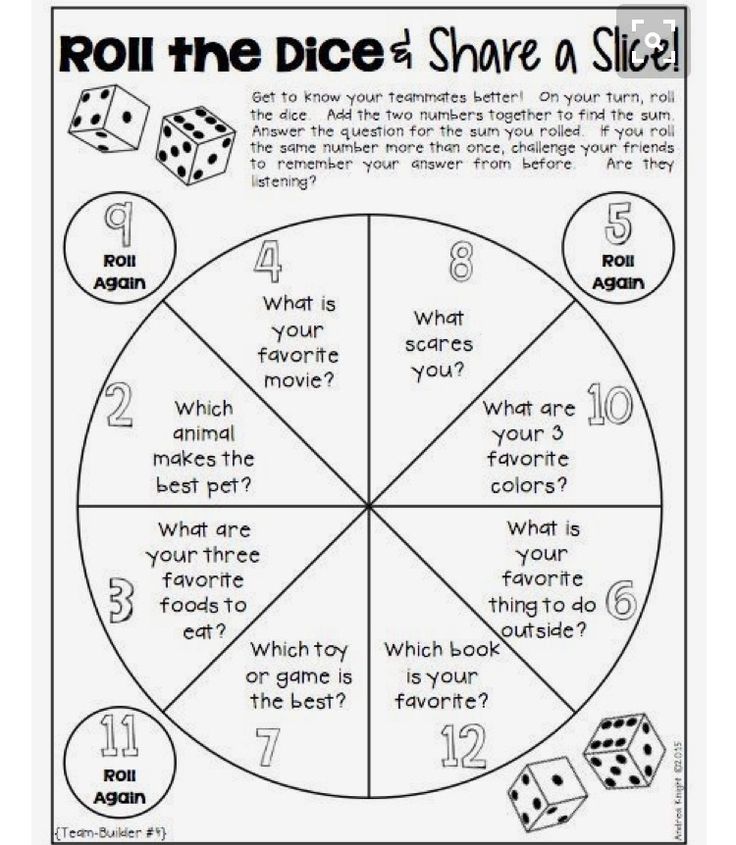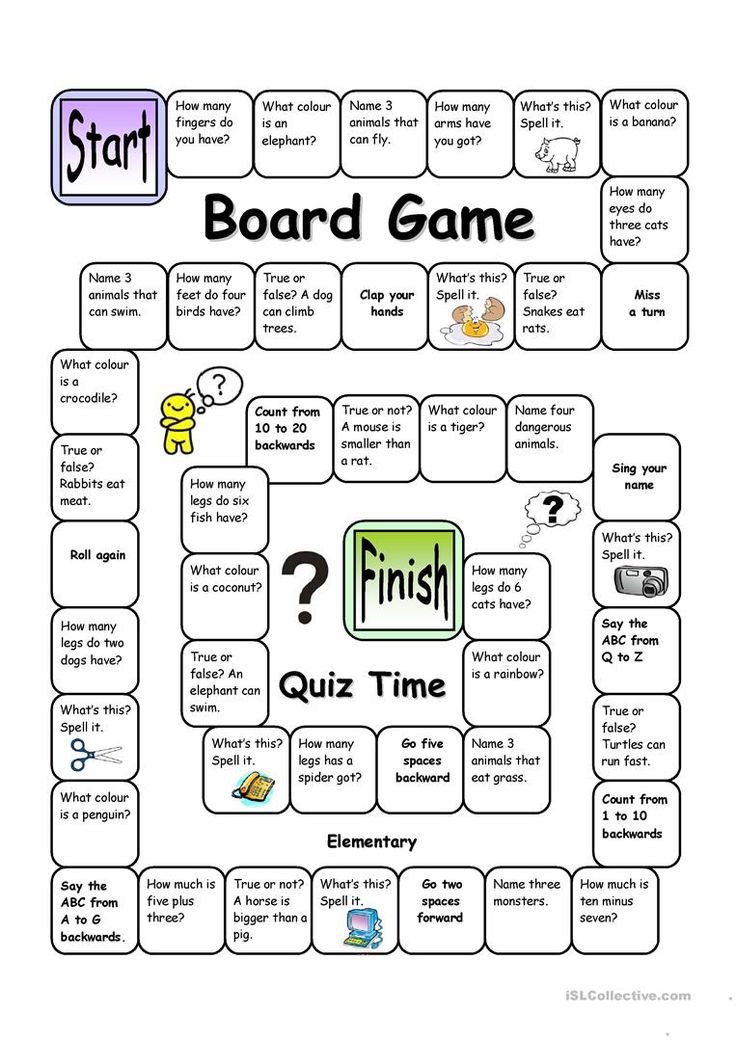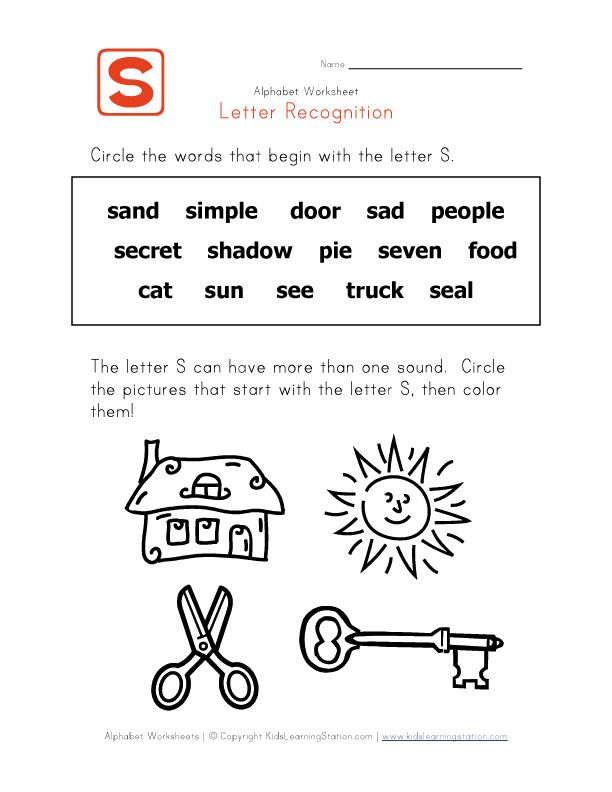Spelling games for second grade
Classroom Spelling Games for Grades 2-6
Looking for an engaging spelling game to play with your students? Look no further! We’ve collected together a fun list of classroom spelling games suitable for students in grades two to six.
1. Buzz Off Spelling Game
Have students stand in a circle. Choose a person to start and say the word to spell. In succession moving from person to person around the circle, each student says the next letter in the word until the entire word is spelt. The next student says ‘buzz’ and then the next ‘off’ and that final student sits down. Any student whose letter misspells the word also has to sit down. Keep playing until only one student remains standing.
2. Spelling Team Tic Tac Toe #1
Divide students into two teams. Draw a large tic tac toe grid on the whiteboard. Students from each team take turns to orally spell an allocated word correctly. If they are correct, they add an x or o to the grid for their team. First team to three in a row wins the round.
3. Spelling Team Tic Tac Toe #2
Divide students into two teams. Draw a large tic tac toe grid on the whiteboard. Give each team a different coloured whiteboard marker. Students from each team take turns to spell an allocated word directly onto their choice of square on the tic tac toe grid. If they spell the word incorrectly it is erased. First team with three correctly spelled words in a row wins the round.
4. Snowball Spelling Game
Onto a small sheet of white paper write the grapheme for a sound the class has been studying, e.g. ‘ir.’ Scrunch the paper up into a ball. Throw the paper ball to a child who must unwrap the paper and say a word containing that sound. The child then throws the paper ball to another child who has to spell the word. They then throw the ball to another child who has to say a sentence that includes the word. They then throw the ball to another child who starts the sequence again with a new word that includes the sound.
5. Spelling Swat It!
Divide students into two teams. Write the spelling words randomly onto the whiteboard.
Stand the first two players, with their backs to the board, a short distance in front of it. Give them each a plastic fly swat.
Call out a clue to identify the spelling word. For example, “This word means…” or “Rhymes with …” The two players must then race to be the first to swat the correct word on the board. The winner must then turn away from the board and spell the word correctly to win a point for their team.
6. Spelling Word Relay
Divide the students into teams. Each team lines up a short distance away from the whiteboard, facing the board. The first person in each team starts with a whiteboard marker.Call a word for the students to spell. The first student in each team races to the board and writes the first letter of the word and then runs back to pass the marker on to the next team member who writes the next letter of the word, and so on.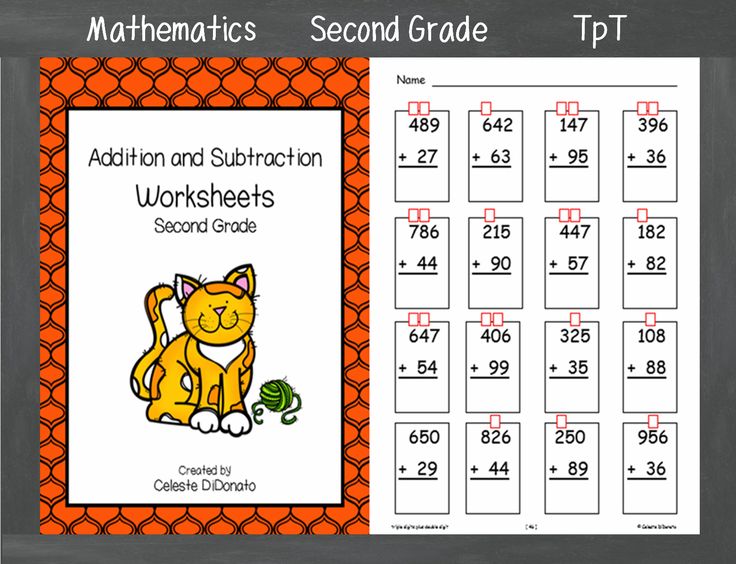 Team members can correct an incorrect letter on their turn but they may not add a new letter. The first team to correctly spell the word scores a point.7. Spelling Who Am I?
Team members can correct an incorrect letter on their turn but they may not add a new letter. The first team to correctly spell the word scores a point.7. Spelling Who Am I?
Write each spelling list word onto a post-it note. Divide students into two teams. The first student from the first team sits on a chair at the front of the room, facing the rest of her team. Place the first post-it note onto the student’s forehead. The goal is for the chosen student’s teammates to give him or her clues to what the word on his forehead is, without revealing the word directly. They can use rhyming words, synonyms, antonyms, guestures, etc. After they guess the word correctly, the student then has to spell the word. If they spell the word correctly, they score a point for their team. Repeat with the first team member from the second team, and so on.
8. Unscramble
Line students up into two or three teams facing the class whiteboard. The first person in each team has a personal whiteboard and a whiteboard marker and an eraser and turns to face away from the class whiteboard.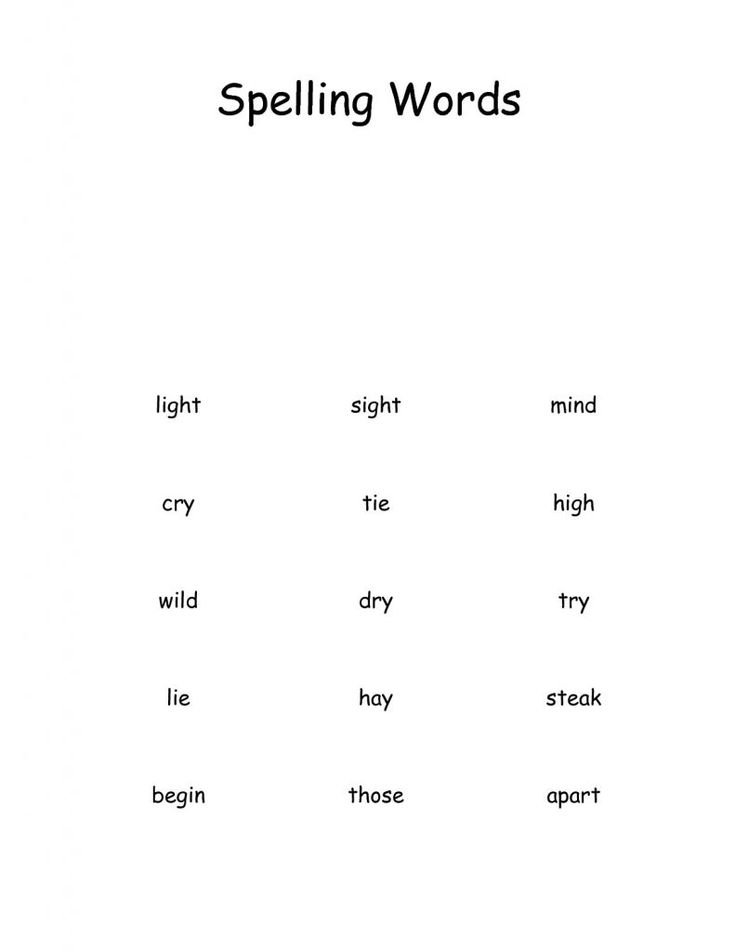 Write a jumbled version of the first spelling word on the class whiteboard. On ‘Go!’ the team members turn to face the board. The first of these students to write the unjumbled word (spelled correctly) onto their personal whiteboard and holds it up to the teacher wins a point for their team. They then pass the whiteboard onto the next team member and play continues with a new jumbled word for each round.
Write a jumbled version of the first spelling word on the class whiteboard. On ‘Go!’ the team members turn to face the board. The first of these students to write the unjumbled word (spelled correctly) onto their personal whiteboard and holds it up to the teacher wins a point for their team. They then pass the whiteboard onto the next team member and play continues with a new jumbled word for each round.
9. Missing Letters
Played in the same manner as Unscramble but the words are written onto the classroom whiteboard with blank lines in the place of some of the letters. For example, b_c_ _se for the word because.
10. Invisible Man
Line students up into two teams facing the whiteboard. Draw two large stick people on the whiteboard, one in front of each team, each must have the same number of body parts. Call out a word for the first member of team one to spell. If they spell it correctly they may erase one body part from the other team’s stick person.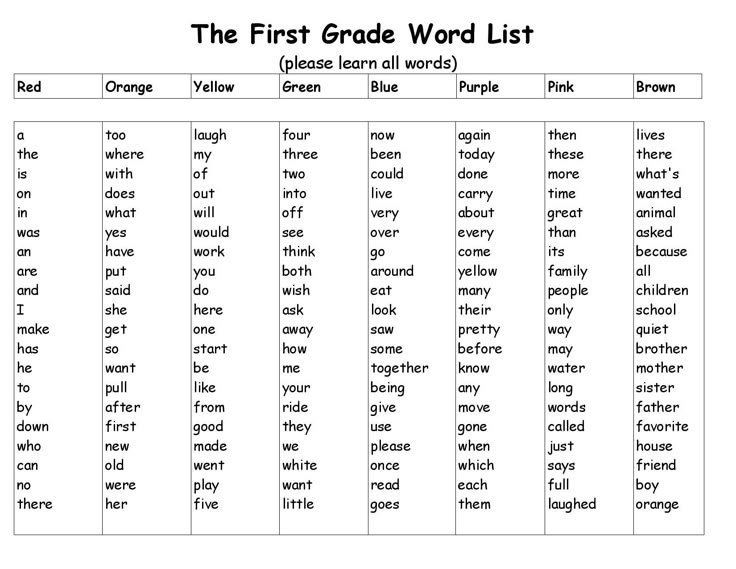 Call out a word for the first member of team two to spell, and continue on until one team’s stick person is completely erased. The erasing team is the winner!
Call out a word for the first member of team two to spell, and continue on until one team’s stick person is completely erased. The erasing team is the winner!
11. Spell-O
Each student chooses five spelling words and writes them onto a piece of paper. Write the alphabet in large print across the whiteboard. Cross out the letters of the alphabet, one by one. As each letter is crossed out, students cross out that same letter as it appears in each of their own words. First student to cross out all of the letters in all of their words wins.
12. Dictionary Challenge
This game works best with students in the upper elementary/primary grades. Divide students into teams. Each team will need a dictionary. Students choose a player from their team to go first. Call out a word. The elected students from each team race to be the first to find the word in the dictionary. The person who succeeds scores a point for their team. The dictionary is then passed to the next person in each team and the process repeated.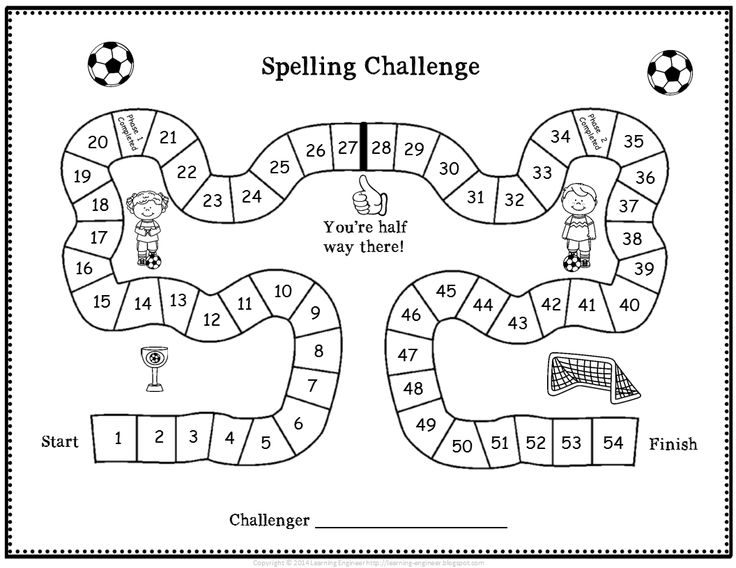
Christie Burnett is a teacher, presenter, writer and the mother of two. She created Childhood 101 as a place for teachers and parents to access engaging, high quality learning ideas.
The Very Best Spelling Games For 2nd Graders
Teaching our homeschoolers to spell can be quite a challenge! Fortunately, there are lots of fun spelling games for 2nd graders you can use to learn through play this year. Spelling games make learning to spell a lot more fun for kids.
I can still remember spelling bees and writing my spelling words over and over to practice. It was tedious and not always the best way to learn or practice spelling.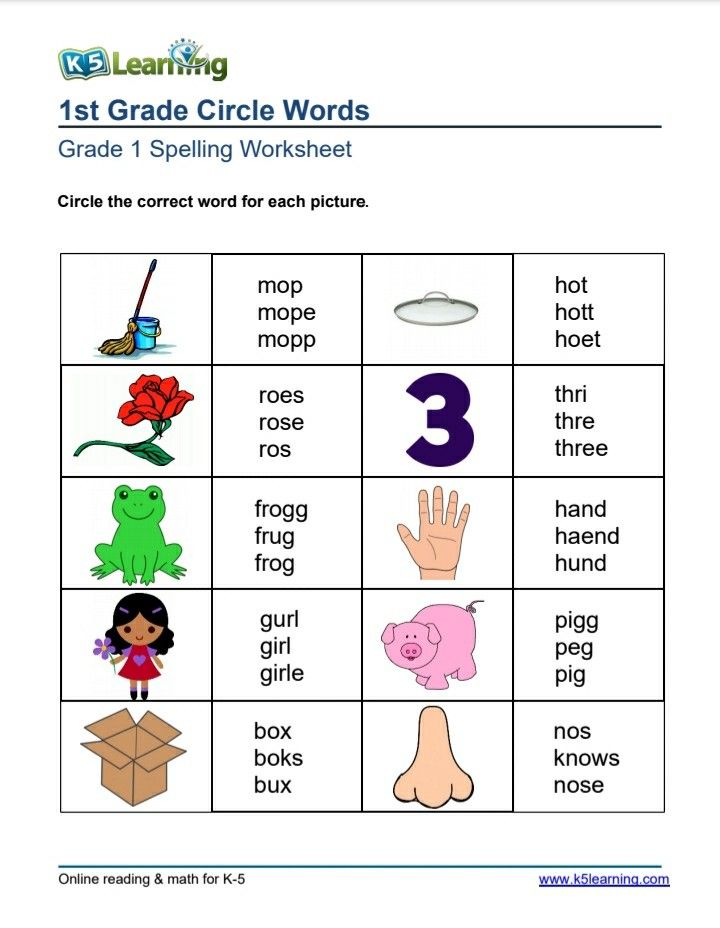 I’m glad there are so many new fun ways to practice these skills with our second graders!
I’m glad there are so many new fun ways to practice these skills with our second graders!
I’m excited to share all our favorite ways to help kids retain spelling concepts including online resources and board games. Plus, I’ll share some of our favorite resources and unit studies to teach 2nd-grade language arts in your homeschool this year.
The Power Of Learning Through Play
Learning through play is powerful! Research has shown that our kids learn a lot through play. Incorporating opportunities for play and encouraging exploration is an important part of early learning.
Teaching concepts like spelling and multiplication require lots of memorization. These types of lessons work best for us when they’re learned through play. Projects with real-world applications and games make learning how to spell really easy for Emily.
Family game nights have helped Emily master spelling too. We love playing Upwords, Boggle, and Bananagrams together as a family. These games help her remember how to spell words and give her extra practice executing these concepts too.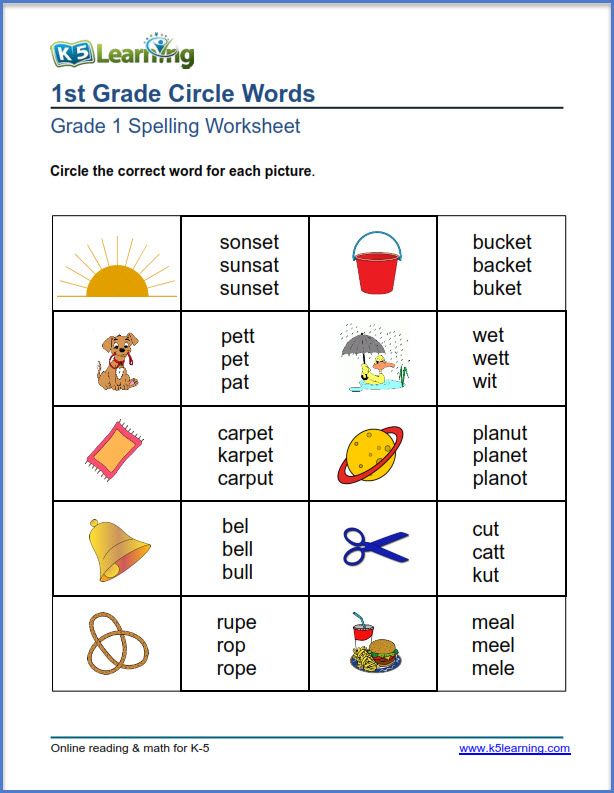
Spelling Games For 2nd Graders
We play all kinds of games in our homeschool. We love playing games together as a family. Plus, we’ve discovered that gameschooling has all kinds of amazing benefits for Emily.
There are lots of fun games you can play together to help your homeschoolers master spelling during second grade too. You can discover a few of our favorites in my Ultimate Guide to Homeschooling Second Grade. Here are a few of our favorite board games for improving spelling skills:
Word on the Street
There is also a junior version of Word on the Street for younger learners. Homeschoolers have to use certain letters of the alphabet on the board to answer the card.
Word on the Street is a fun way to work on spelling skills together as a family. If you play in teams, you can help reluctant learners gain confidence too.
Bananagrams
Bananagrams are so versatile! You can use these tiles to play lots of different games in your homeschool.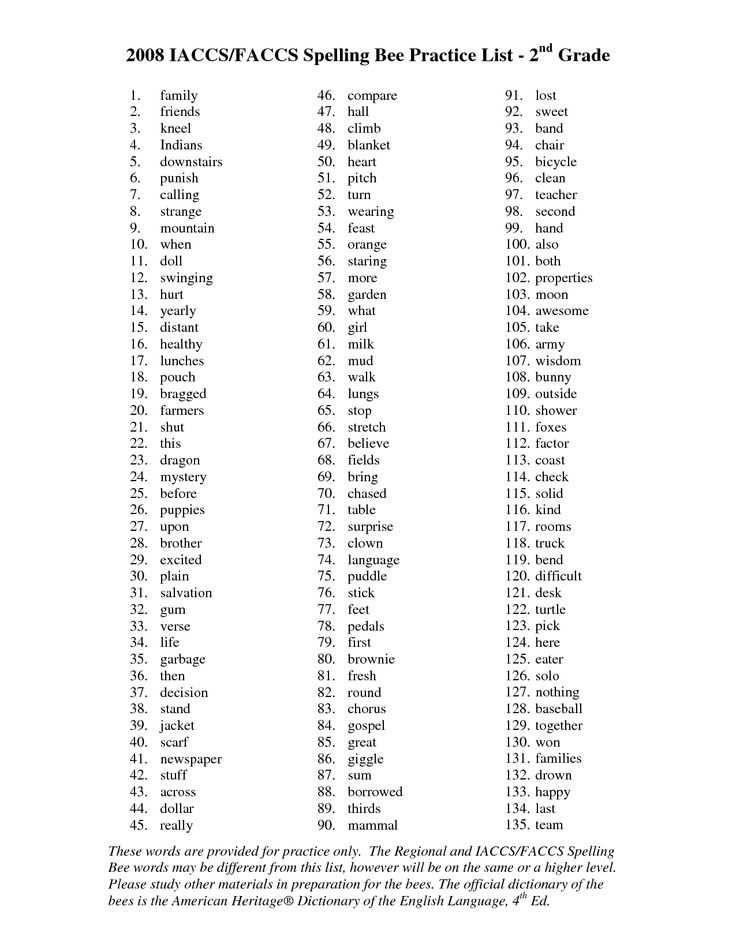 It’s definitely a game I like to have on hand here at The Waldock Way.
It’s definitely a game I like to have on hand here at The Waldock Way.
This game is perfect for increasing processing speed in spelling and thinking about how words are formed. It’s a lot of fun for homeschool families who enjoy Scrabble too.
If you love Bananagrams you may also want to check out Bananagrams for Kids! a book full of word play and puzzles just for kids.
Boggle
We really enjoy playing Boggle together as a family. It’s basically a word search game you can scramble for more fun. Boggle really helps new spellers because once they figure out common blends like “at” or “in” they are able to form a multitude of words.
Quiddler
Every round of Quiddler adds more cards to be rearranged in order to create words. This game is ideal for understanding words spatially and mixing or matching letters to spell new words. If you love wordplay, this game will be lots of fun for you!
Upwords
This game is definitely a family favorite! Upwords makes it easy to show kids how words can change by changing just one letter.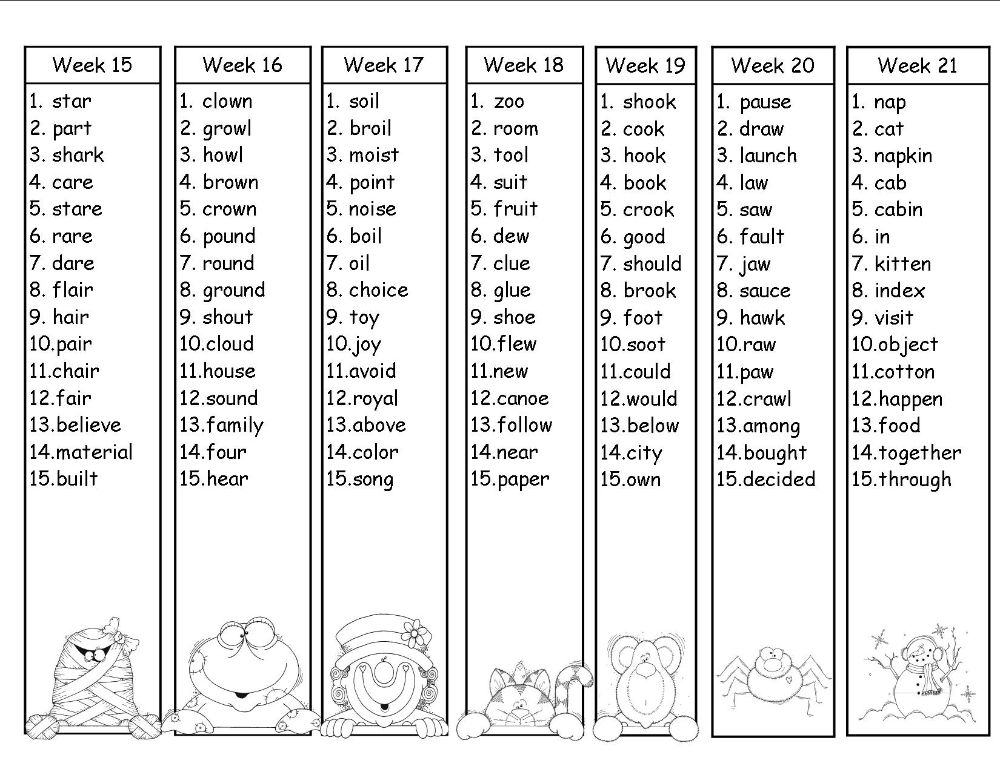 Unlike Scrabble, where you can only change a word by adding letters to the beginning or end, Upwords teaches kids that switching the T in rat to P makes an entirely different word.
Unlike Scrabble, where you can only change a word by adding letters to the beginning or end, Upwords teaches kids that switching the T in rat to P makes an entirely different word.
Wordical
One of the reasons we love Wordical is because it separates vowels and consonants, making it easy for homeschoolers to understand and master the differences. Plus, this game uses cards and dice to help kids spell words the way they see them. It’s a lot of fun!
Spelligator
I don’t know how anyone couldn’t love a game that combines spelling and gators. Spelligator is a word building game that teaches letter sounds, patterns and positioning. It covers consonants, vowels, digraphs, and blends. The player who makes the most word wins.
Spell Checked
SpellChecked is a card game everyone will enjoy. Players of all ages can practice and improve their spelling and their recognition of spelling patterns in words. Players are shown an image and the first letter of the word, and then they are asked to spell the word correctly. My personal favorite part is the option of playing decks with more challenging words, so players of all capabilities can compete against one another and everyone has a chance to win!
My personal favorite part is the option of playing decks with more challenging words, so players of all capabilities can compete against one another and everyone has a chance to win!
Scrabble
You can’t go wrong with a classic and Scrabble is the ultimate classic spelling game where every letter counts. There is also a junior version of Scrabble for younger learners.
Online 2nd Grade Spelling Games
Board games and card games are tons of fun! We play all kinds of games throughout the school year in the Waldock house. Another fun way to incorporate gameschooling into our spelling lessons is with online games.
There are all kinds of fun online second-grade spelling games you can add to your homeschool lessons this year. Check out a few of our favorites below.
ABC Mouse
ABC Mouse was designed by learning experts, your child can practice math, reading, phonics, and more. Games, puzzles, and other fun activities to help kids practice letters, numbers, and more!
Reading Eggs
Reading Eggs is the online reading program that helps children learn to read.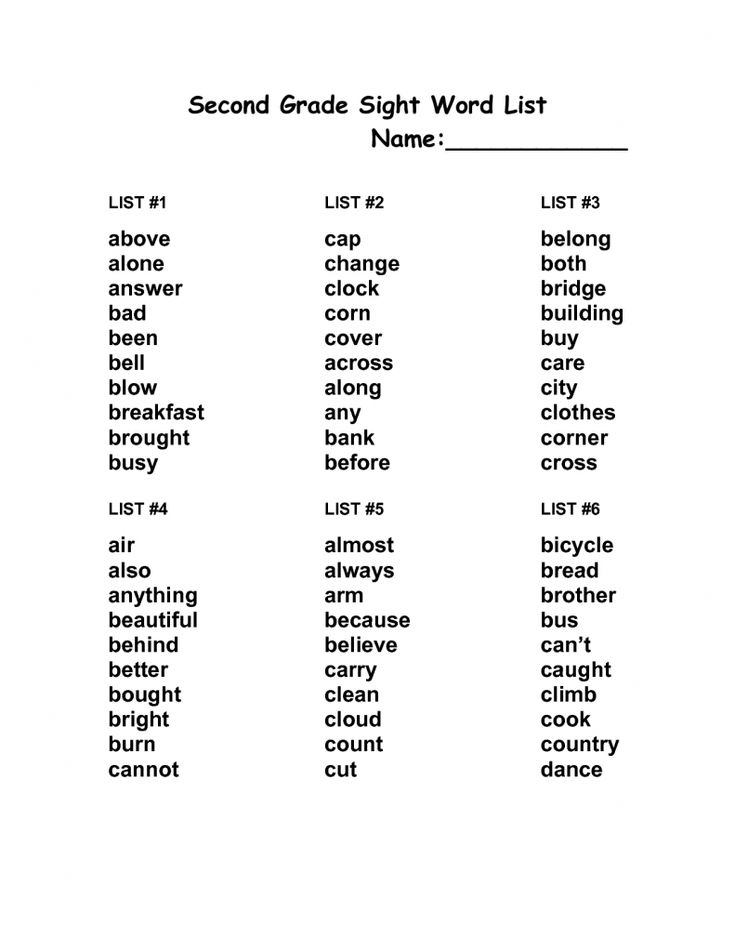 Hundreds of online reading lessons, phonics games and books for ages 2–13.
Hundreds of online reading lessons, phonics games and books for ages 2–13.
NightZookeeper
Nightzookeeper is an online learning program that helps children with reading and writing, and unlocks their creativity.
Educational Apps
Emily has a Kindle Paperwhite we use to help when Carschooling or learning on the go. It’s also a great way to take advantage of learning with screens in our homeschool. Here are some of the educational apps we like best for spelling practice:
- ABC Spelling
- Classic Words Free
- Hangman Classic Free
- Kids Puzzle Classic Spelling Games
- Monkey Word School Adventure
- Squeebles Word Search
- Word Cookies
- Wordscapes
More Resources For Second Grade Language Arts
There’s a lot to learn in second-grade language arts! Mastering spelling is definitely a big part of it, but you’ll also be building your child’s independent reading skills and learning about grammar. Don’t miss some of my favorite resources for second-grade language arts to help you along the way.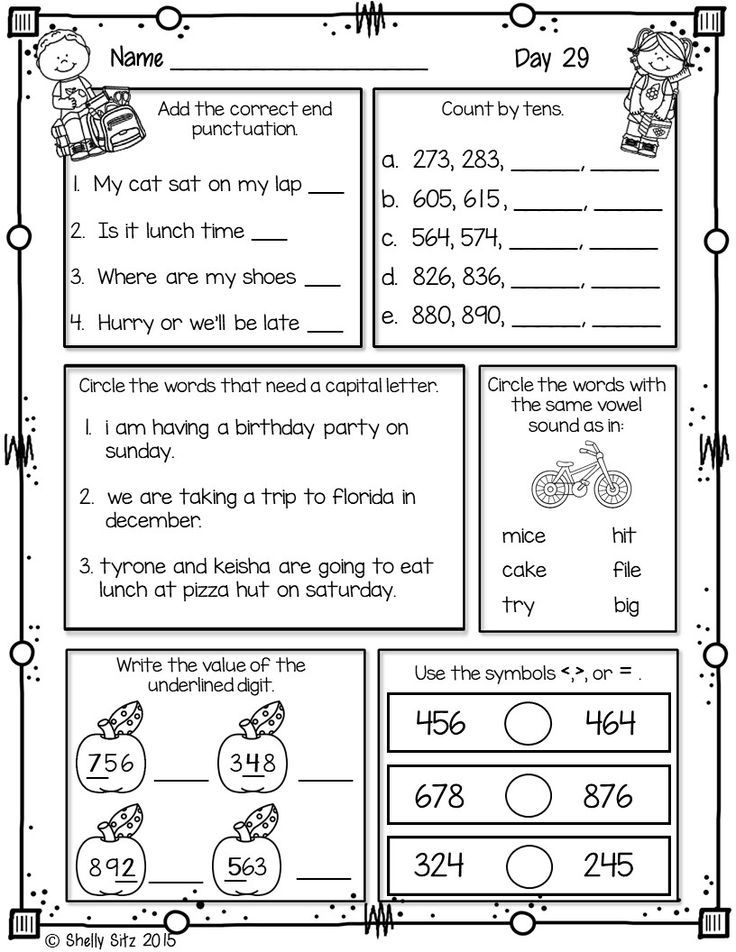
- Ultimate Guide to Homeschooling 2nd Grade
- A 2nd Grade Book List That Will Delight Your Child
- Ultimate Guide To Games For Every Subject In Your Homeschool
Plus, I’ve got lots of fun unit studies second graders will enjoy. You can use these unit studies to dive deep into topics that really interest your homeschoolers. Here are a few of our favorites:
-
Rated 5.00 out of 5
$40.00Add to cartContinueLoadingDone -
Rated 5.00 out of 5
$24.00Add to cartContinueLoadingDone -
Rated 4.92 out of 5
$40.00Add to cartContinueLoadingDone -
Rated 5.00 out of 5
$40.00Add to cartContinueLoadingDone -
Rated 5.00 out of 5
$40.00Add to cartContinueLoadingDone -
Rated 5.00 out of 5
$28.00Add to cartContinueLoadingDone
What’s your favorite way to teach spelling in the second grade? Share your favorite resources and games for mastering important spelling concepts with your homeschoolers in the comments.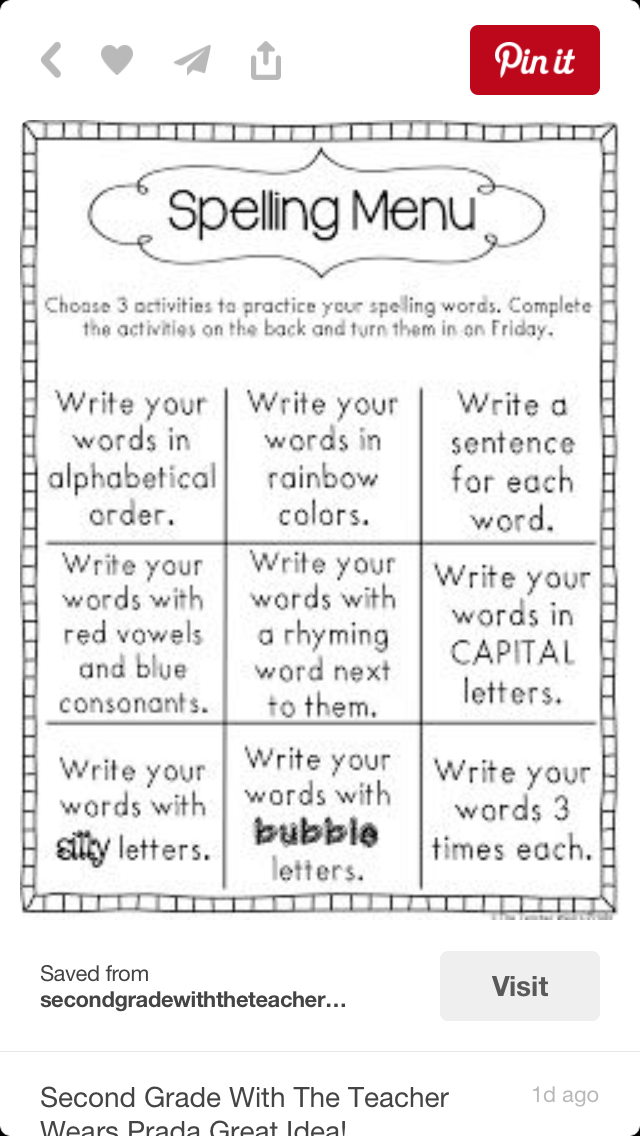 I can’t wait to read them and try a few with Emily too!
I can’t wait to read them and try a few with Emily too!
Related Blog Posts:
Spelling games | Educational and methodological material on the Russian language on the topic:
SPELLING GAMES.
1.Check Dunno.
Dunno played with words, making one word out of two. Check if he
composed the words correctly?
Paul+Osa = stripes
Kol+Osa = colosses
OG+Wasp-fits
Tooth+I = teeth
oak+b+I = Dubya
2. Who quickly correct the errors. (Subject: Capital letter)
The cards have misspelled text.
Task: Find and correct all capitalization errors as quickly as possible.
3. Read the offer. (Topic: Case endings.)
Cards are made from an album sheet on which sentences are written, but instead of nouns, the corresponding figures are placed.
Assignment: while reading a sentence, students use pictures to name nouns in the appropriate case, choosing the correct ending.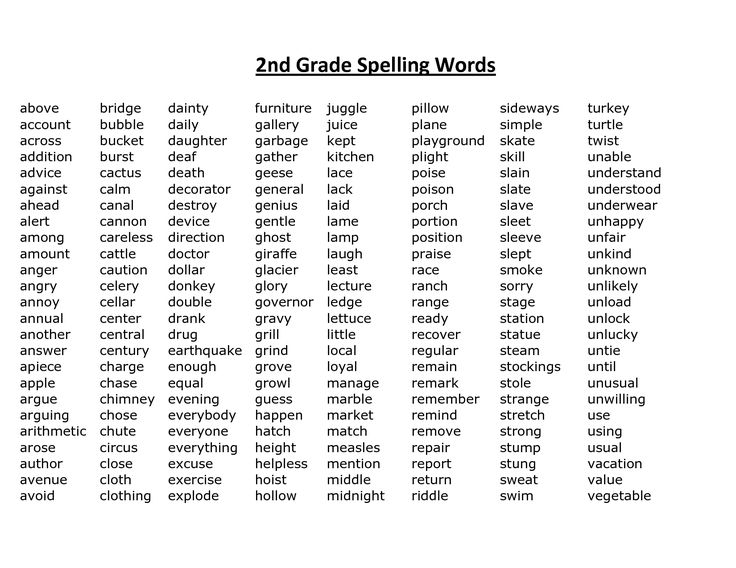 nine0003
nine0003
4. "Choose three words" (The game is used to reinforce any topics in the Russian language)
Purpose: To follow the formation of spelling skills, taking into account the stage of work on spelling.
The choice of words depends on the topics studied or covered.
Nine words are written on 9 cards:
1st set: fish, blizzard, stocking, oak trees, jam, scarecrow, streams, plague, mushroom.
2nd set: entrance, warehouse, crow, hail, filming, treasure, gate, rise, sparrow. nine0003
Bread
CLU-KA
Kali-Ka
Bere-kiki
FILKI
Obl-ki
Pied KI
Marty-ka
Redi-ka
Du-ki
Lo-ki
Tetra-KA
CLA
Tra-
Carko-Ka
Li-KI
Ostro-oki
Promotion-KA
Blue 9000 9000
Refined
Tasks:
Explain spellings by choosing test words.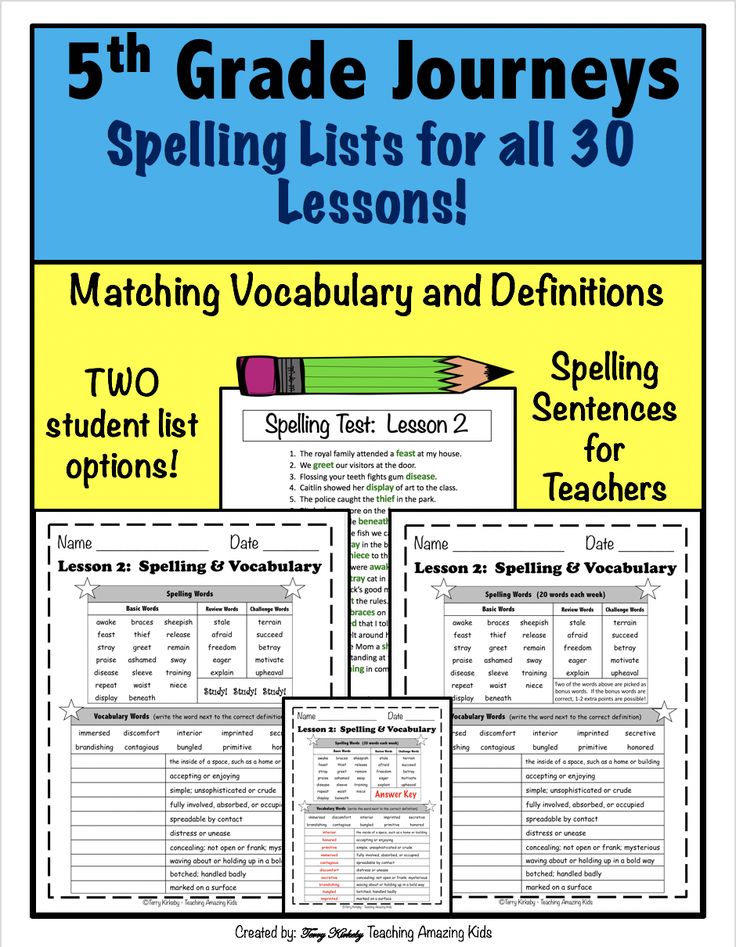
6. Game "Ball"
Didactic task: Repeat the formulation of clarifying questions and case endings.
Game objective: Help the proposals get to the Ball.
Contents of the game:
Ball in the Grammar Kingdom today. There were many proposals for it. But the sentry will not let them into the palace until each noun from those who have appeared has its conjugation indicated. Help the proposals get to the Ball. What questions does the clock noun ask?
Materials:
A table is drawn on the board, the halves of which are separated by a sentry. The proposal is analyzed by one student, tips from the class are accepted. nine0003
Cherry blossoms in May Mother gave her son a book Swallows are returning from Africa A hare feeds on tree bark Sister came to her brother Sasha wrote a letter A fox hid behind a bush, etc. H a s o v o y In (what?) May blooms (what?) bird cherry. etc.
7. Game "Find the ending"
Didactic task: Repeat the case endings of nouns.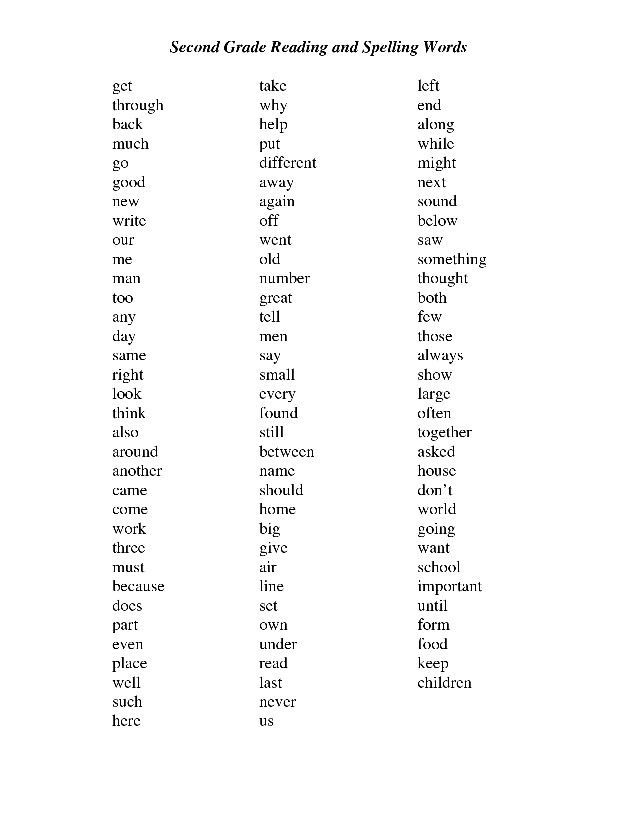
Game task: Find the endings of some words in sayings.
Content of the game:
“The ending is a very changeable, moving part of a word. She can easily get lost. Find the lost endings for these proverbs.” nine0003
Materials:
Cards
- Pick the berries... you will find the box.
- Drop by drop... and the stone hammers.
Without a primer and grammar... Mathematics cannot be learned...
8. The game "Nicknames"
Purpose: formation of the process of inflection and word formation, consolidation of phonetic and grammatical analysis of words, spelling of proper names.
Move: Form animal names from the following words:
BALL, ARROW, EAGLE, RED, STAR
Make proposals.
BALL, ARROW, EAGLE, GINGER, STAR
Highlight the part of the word that you used when composing nicknames (suffix, ending).
9. Game "Team chain game"
Didactic task: Complete the appropriate nouns in the accusative case.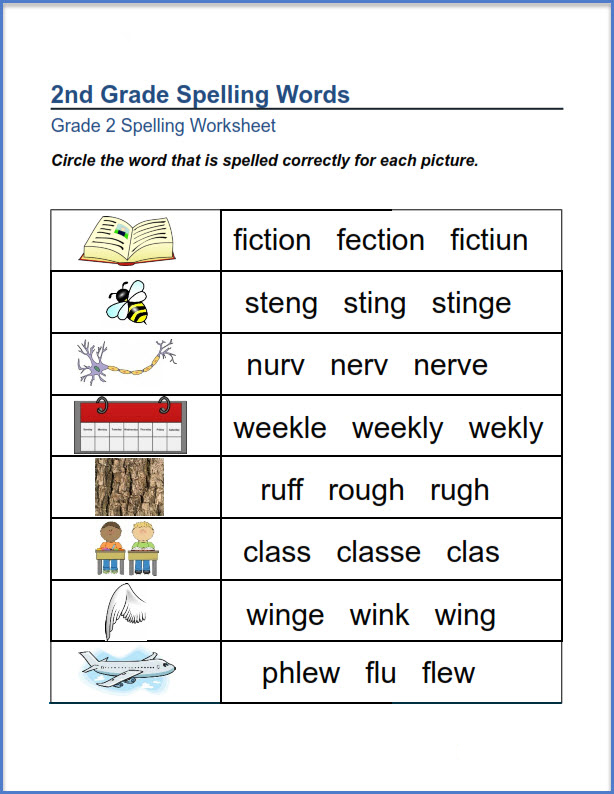
Game objective: Make the chain as long as possible.
Contents of the game and Materials:
- Listening to music, mom...
- I am writing a dictation, a letter,...
- They are building a tower, a house,... etc.
10. The game "Hard - soft"
Purpose: to create conditions for repeating the spelling of hard and soft signs.
Students are divided into two teams. One team is called “Stone”, the other is called “Water”. The “Stone” team gets up if I read a word with a hard sign, if I read a word with a soft sign, the “Water” team gets up.
Words: congress, drive in, blizzard, pours, entrance, pour, announcement, stakes, runners, detour, ears of corn, drink, shooting, etc. nine0003
11.Game: Be careful.
Purpose: to activate memory, attention, vocabulary, based on knowledge of the rules.
Write out from the proposed poems with combinations of zhi, shi:
1. Siskins lived in a hut,
Mice, hedgehogs, swifts,
Walruses come to visit them
Both giraffes and snakes.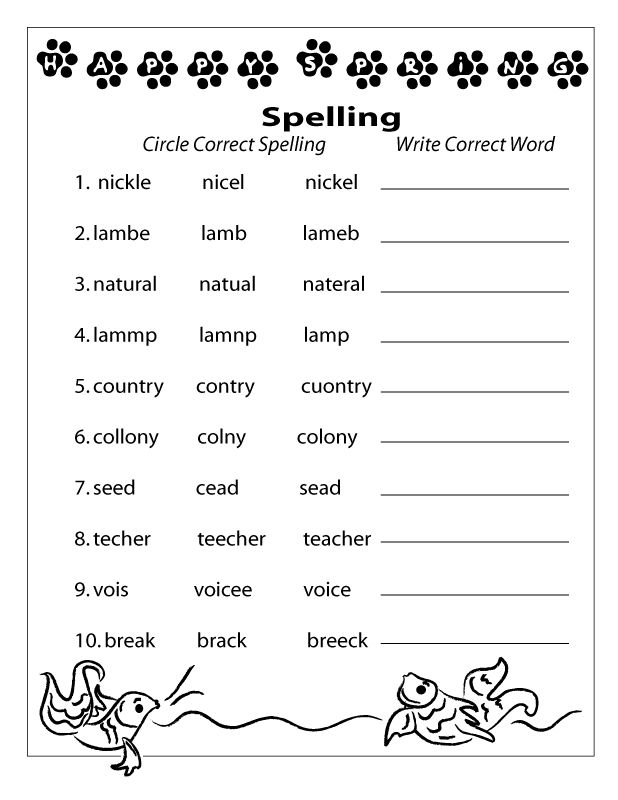
2. Vest, animal, belly,
Giraffes, painting, lives,
Briar, tires, reeds,
Cars and pencils,
Circle, serve, be friends and live,
Hurry, make laugh,
Hiss and sew.
All combinations of ZhI and SHI
Only with the letter I write!
12. Game: Slovoznaikin, give me an answer.
Purpose: to determine the level of development of children, to develop memory, thinking, speech.
Children are invited for a certain time to remember and write down as many proverbs and sayings, riddles and quatrains as possible, in which words and a given rule are found - "Spelling of words with combinations of zhi, shi." For example:
Proverbs and sayings:
Life is given for good deeds. nine0363 You can't hide an awl in a bag.
If you hurry, you will make people laugh.
To live life is not a field to cross.
Friendship is like glass, if you break it, you won't stick it together.
Riddles:
Two birch horses
They carry me through the forest.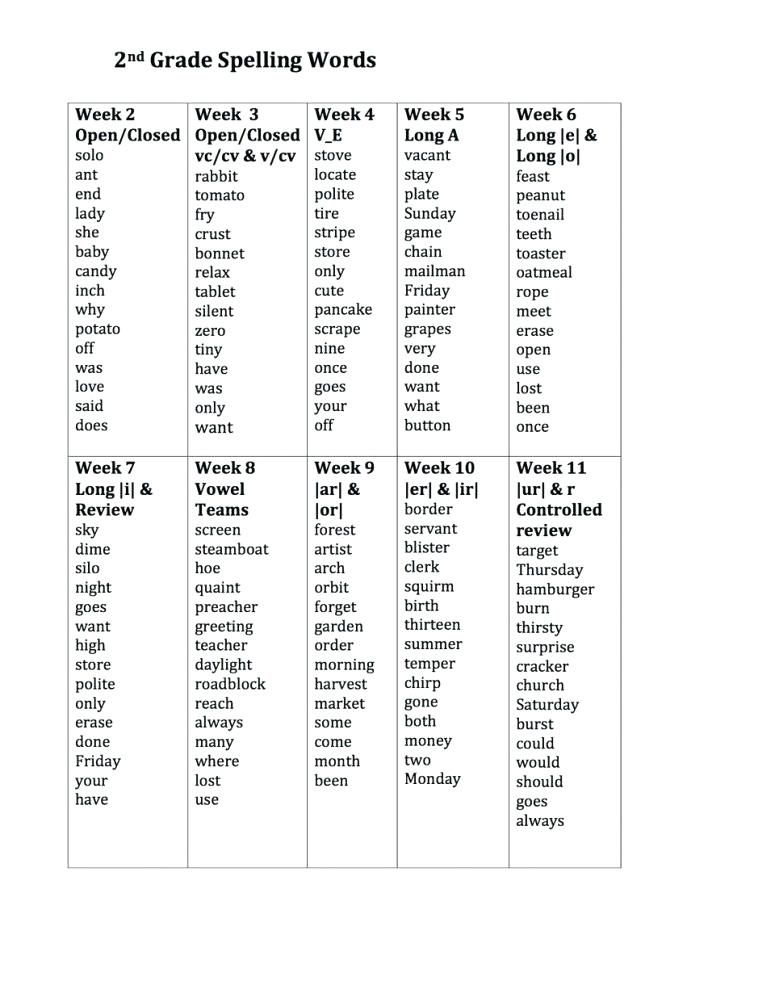
These red horses,
And their name is ... (skis).
He is tall and spotted
With a long, long neck,
And he eats leaves,
Leaves of trees (giraffe)
Quatrain:
She sewed a fur coat - she sewed a skirt,
She sewed a hat - she sewed a slipper! nine0363 Good seamstress Natasha!
13. Game: Change the letter.
Purpose: to intensify the mental activity of students, develop spelling and phonetic vigilance, attentiveness, logical thinking.
Children are offered the original word with a spelling, they change either one or two sounds in it sequentially, while maintaining the combination -chk-, and receive new words. The one with the most words wins.
daughter pen
barrel river
night candle
bump stove
point kidney
cloud daughter
wheelbarrow night
14. Game: Name one object.
Purpose: to develop methods for checking unstressed vowels.
The teacher says a word denoting many identical objects, and the students name one such object and explain what vowel should be written in the root of the word.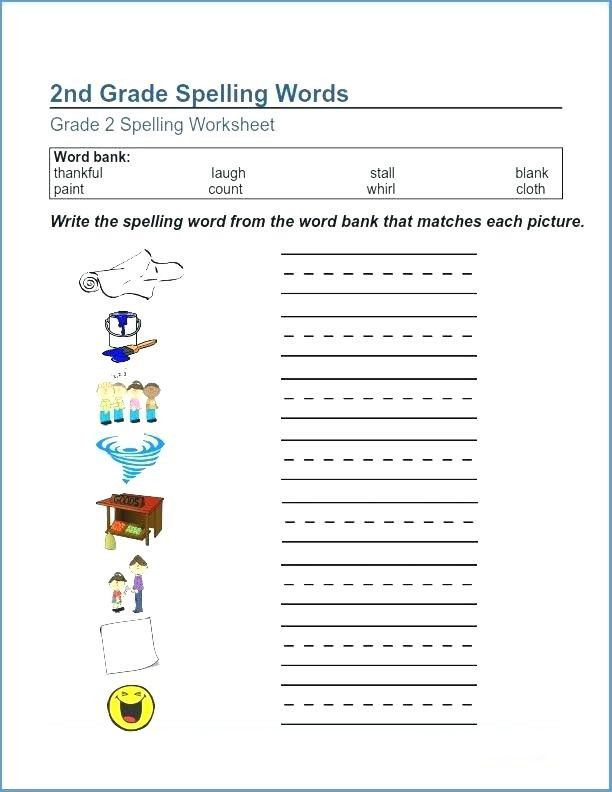 For a correct answer, the row receives a point. The winner is determined by the number of points.
For a correct answer, the row receives a point. The winner is determined by the number of points.
Sample material: words: doctors, eyes, rooks, gardens, basins, balls, sides, rains, yards, moles, seas, knives, fruits, fields, horns, etc.
15. Game: Capital letter.
Purpose: to reinforce the rule of capitalization in words.
Equipment: each student has a set of signal cards.
The teacher invites the class to listen carefully to the poem. Then the students mark with signal cards, all the rules for writing a capital letter, which are mentioned in the poem. Next, you need to protect each of your answers, that is, explain which rule is fixed. The winner is the one who manages to protect all signal cards. nine0003
An ordinary letter has suddenly grown, The letter
Has grown above the letters - girlfriends At the line at the beginning,
They look with respect So that we notice the beginning.
In the letter of a friend, First name, last name
But why? Are written with her,
For what merits? To be more noticeable and more visible,
To sound loud and proud
The letter did not want to grow by itself, Your name
The letter is entrusted with an important task: The name of the street, city.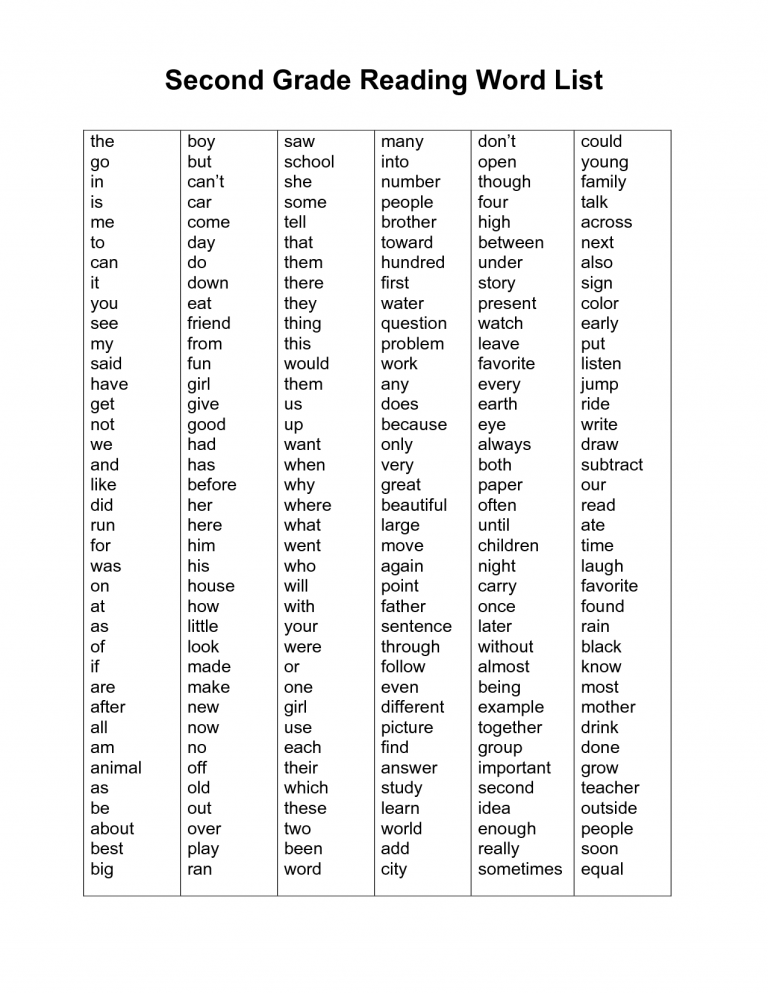
Put in the word Large letter -
Not in vain and not easy Not at all empty,
The letter is so tall.
In a big letter -
Respect sign. (S. Izmailov)
16. Game: Half a minute for a joke.
Purpose: to fix the spelling of the capital letter in animal names.
Equipment: the board contains the names of those animals that are found in Yu. Chernykh's poem: a dog, a chicken, a cow, a cat, a horse.
The teacher asks the children to listen carefully to the poem and say what is wrong with it. The correct answer is rewarded with a game token. Some children add nicknames to the names of animals on the board, while the rest do this work in a notebook. nine0363 Once upon a time there was a grandfather and a woman
With a little granddaughter.
They called their red cat
Zhuchka,
And they called Crested
They called the foal,
And they also had
Burenka hen,
Murka dog,
And two more goats -
Sivka and Burka.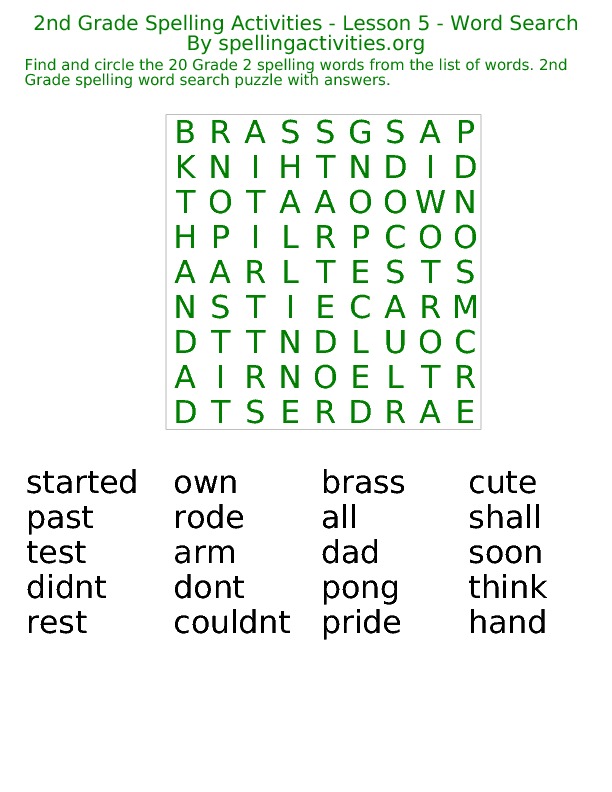
17. Didactic game "Be careful."
Purpose: to activate memory, attention, vocabulary, based on knowledge of the rules.
From the proposed poems write out words with combinations of zhi, shi:
1. They lived in a hut of siskins,
Mice, hedgehogs, swifts,
Walruses come to visit them
And giraffes and snakes.
2. Vest, animal, belly,
Giraffes, painting, lives,
Briar, tires, reeds,
Cars and pencils,
Circle, serve, make friends and live,
Hurry, make laugh,
Hiss and sew.
All combinations of ZhI and SHI
Only with the letter I write!
Constellation of excellent students - Spelling games
1. Vegetables, fruits, berries
Purpose - to consolidate the spelling of words with a capital letter. nine0003
Write in a notebook the names of vegetables, fruits, berries that you know.
How are these words spelled?
Can they be capitalized?
2. Two sentences
The goal is to fix the spelling of words with a capital letter.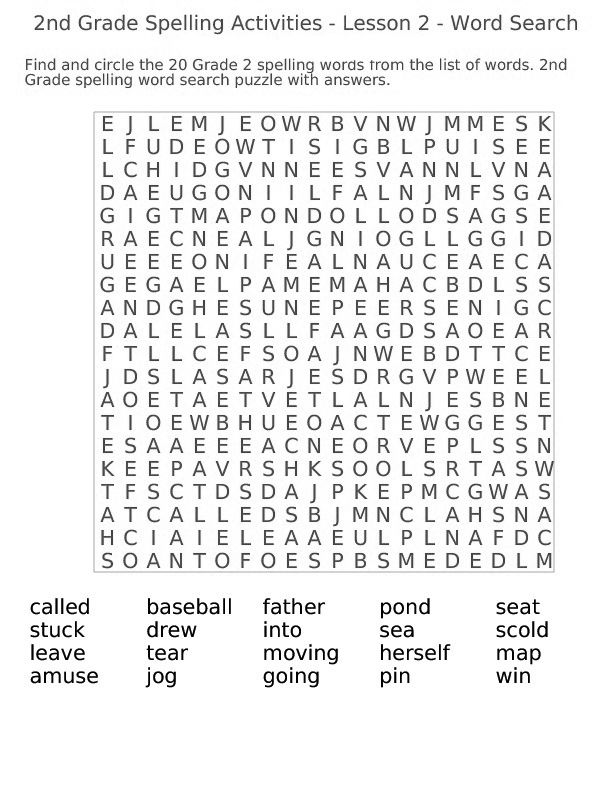
Make sentences with the words Frost-frosts, Starlings-starlings, etc. Write it down.
3. How to turn...
The goal is to fix the use of b in words as an indicator of the softness of the consonant. nine0003
Turn: chalk into a shallow place.
fuel angle.
sixth in number.
4. How do you spell it?
Purpose - to consolidate the continuous and separate spelling of prefixes and prepositions.
How to write a sentence correctly with open brackets?
The sun hid (behind) the fence.
Kotofey Ivanych
Climbing (over) the forest -
Take a walk for the night.
Ya. Kozlovsky. nine0003
5. Questions - riddles
Purpose - to consolidate the knowledge that the preposition is an auxiliary part of speech.
Answer tricky questions:
a) Which two prepositions can be used to make the name of a pet? (to)
b) The name of which tree consists of four prepositions? (s-o-s-na)
c) When does the personal pronoun we consist of two prepositions in the indirect case? (na-s)
6.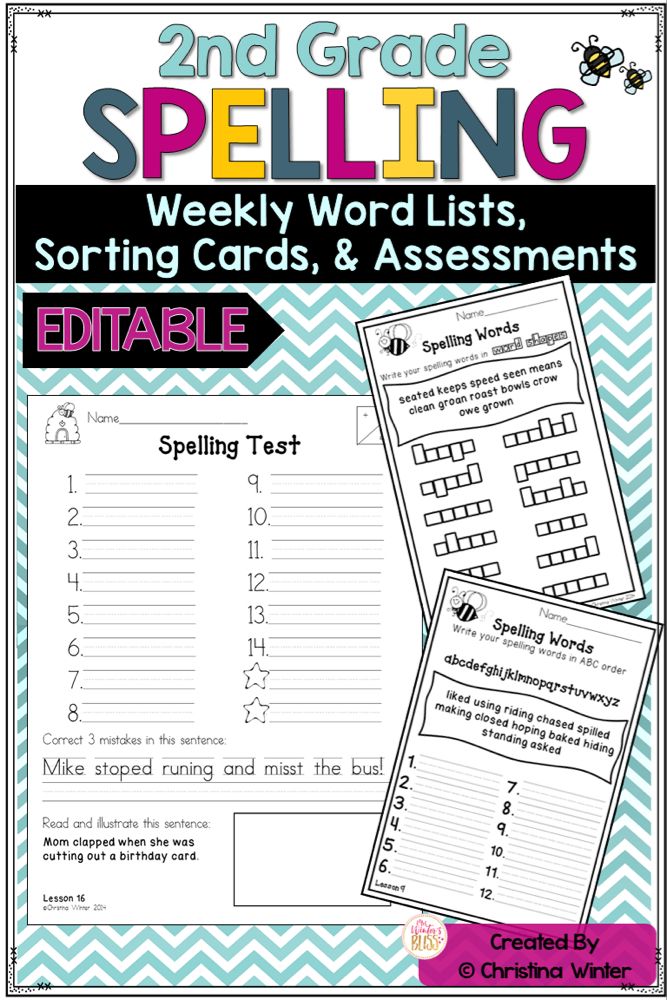 You can't transfer
You can't transfer
The goal is to work out the rules for word wrapping. nine0003
Write 5 words in which there are two syllables, but these words cannot be transferred, (iron,
deer, family, food, neck-).
7. Composers
The goal is to develop speech, a sense of the unity of the text.
Option one.
The teacher pronounces the beginning of the story (the final phrase, the middle of the story), the students must think of the whole story.
Option two.
The teacher suggests the topic of the work. One student starts, the second continues, the third completes the story (you can expand the number of participants). nine0003
Option three.
The teacher suggests the topic of the work and the genre, the students compose the text.
Fourth option.
The teacher offers the heroes of the work, the children themselves choose the topic and genre and compose the text.
8. How many words?
Purpose — to fix the spelling of unstressed vowels in the root of the word, checked by stress.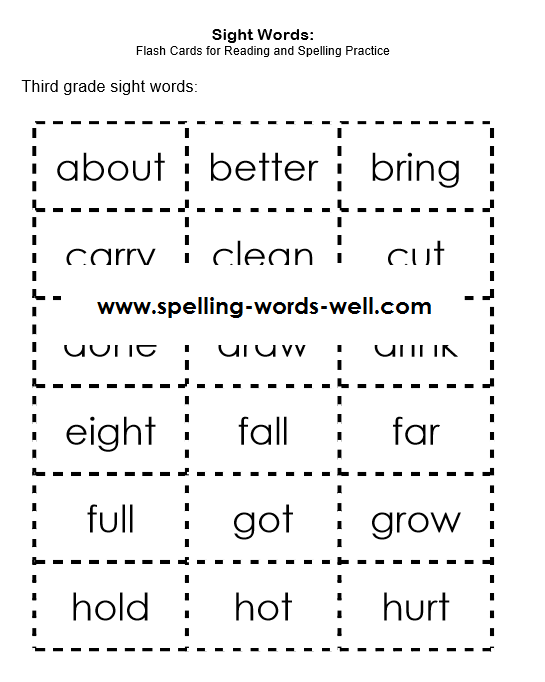
Words written: approx. e and e and ..det, sl. e and .. hall, b. a o ..chok.
How many words can you write down? Choose a test word and make a sentence
.
9. What is the correct word?
The goal is to practice the correct use of case forms of nouns.
Choose the correct option:
Fish don't have teeth
Fish don't have teeth
Fish don't have teeth
(The correct answer is - Fish have teeth.)
10. Gather three “bouquets” (“a basket of fruits and vegetables”)
The goal is to practice the type of declension of nouns.
Select the words - the names of colors in the VAZ - declination:
I
Camomile
rose
lily
II
Tulip
Bell
Vaslek
III
Lilac
General
11 Funny Mosaic
Purpose - to teach how to make sentences.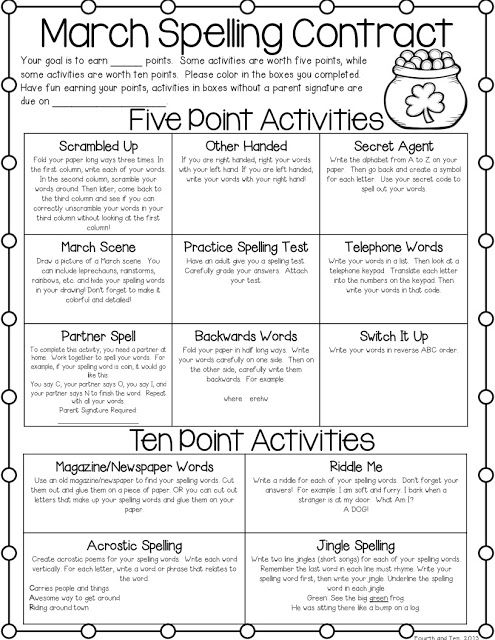 nine0003
nine0003
Without rearranging letters, write down 7 sentences from this letter -combination:
Now are there now lift
(now I, raise too.
those feathers, also.
those feathers under it and those too.)
900012 Correct mistakes
The goal is to teach how to write sentences with the correct word order.
Editing sentences:
I was with Borya at the cinema, where he graduated from the fourth grade.
(I was at the cinema with Borey, who graduated from the fourth grade). nine0003
The boy was pouring compote into glasses from the saucepan.
(The boy stuck the compote from the pot into the glasses)
Baikal's puppy has ears and a fluffy tail merrily sticking out on top of his head.
(Baikal puppy has a fluffy tail and ears on top of his head)
In winter, many animals hibernate.
(Many animals go to sleep in winter)
13. Magical sentences
The goal is to teach how to compose palindrome sentences.